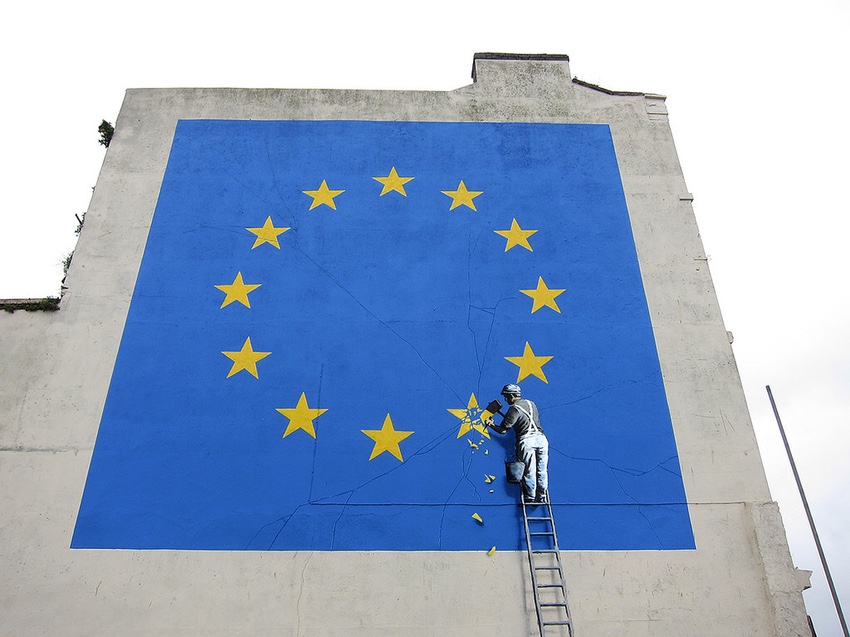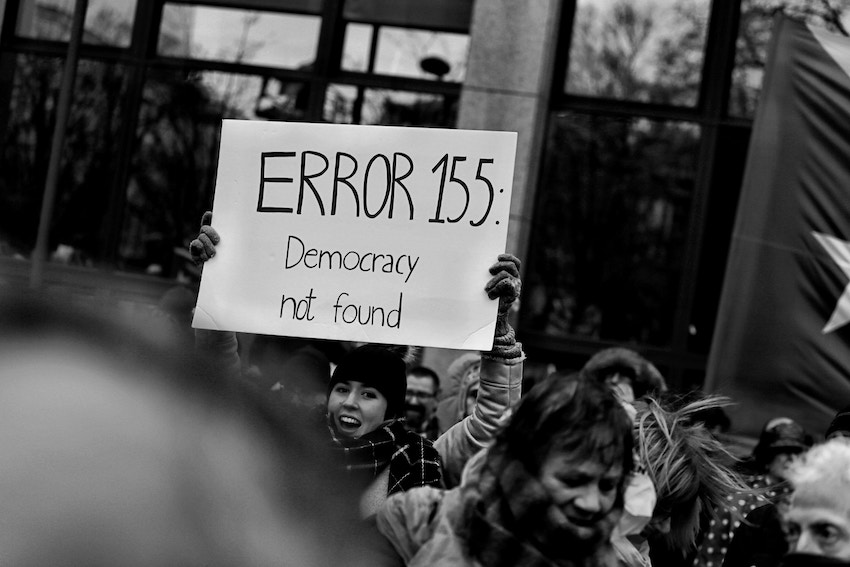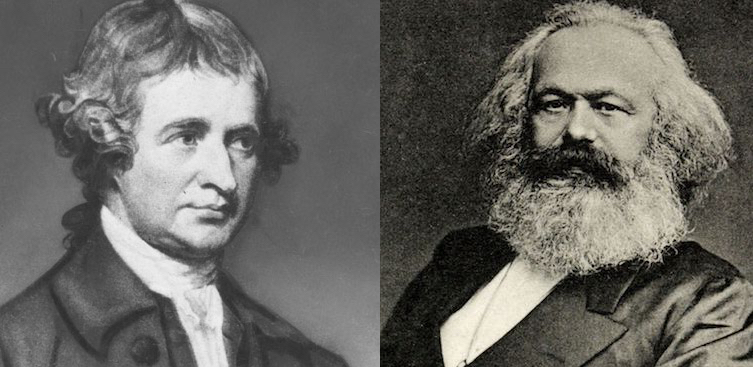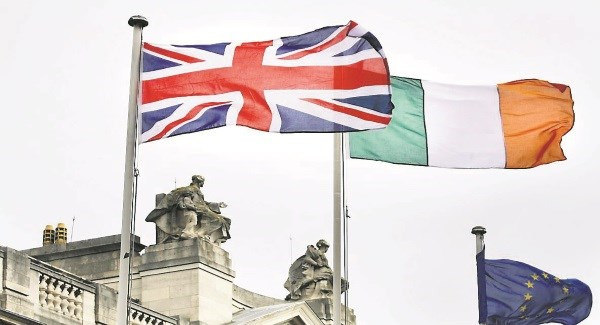By Martin Vogel

It’s a cliché of politics to say that we get the leaders we deserve. If that’s true, it begs the question: what have we done to deserve the myopic and divisive leadership that has taken us to the precipice of chaos? A clutch of articles looking at Britain from the outside provide some answers. The Economist considers how Britain’s European allies are looking on with bemusement at its collective nervous breakdown. For them, it’s not just that they are losing a close partner but also grieving the loss of an idea of what Britain represents. No longer sensible and reliable but a country revealed to be as chaotic and headstrong as any other:
“The biggest worry is not that the world’s view of Britain is changing. It is that this darker view of Britain is more realistic than the previous one. The Brexit vote could almost have been designed to reveal long-festering problems with the country: an elite educational system that puts too much emphasis on confidence and bluff and not enough on expertise; a political system that selects its leaders from a self-involved Oxbridge clique; a London-focused society that habitually ignores the worries of the vast mass of British people; and a Conservative Party that promotes so many pompous mediocrities. The reason Brexit is doing so much damage is not just that it is a mistake. It is a reckoning.”









